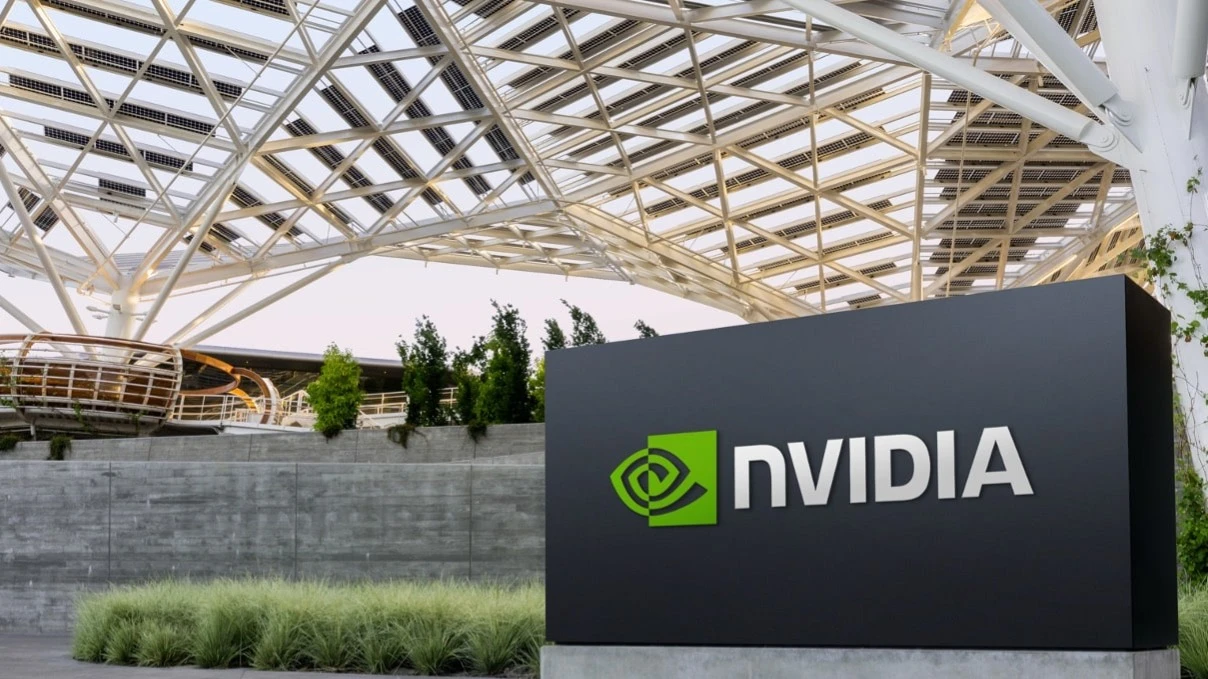Nvidia to resume sales of powerful AI chips to China after Trump's softening of stance
This is also good news for Chinese equities

Nvidia has received assurances from the White House that it will again be able to sell its H20 chip for artificial intelligence to China. This happened against the backdrop of warming relations between Washington and Beijing. However, if trade talks fail, Donald Trump's administration may once again change its position to the opposite.
Details
Nvidia CEO Jensen Huang has informed customers that he plans to resume shipments of H20 artificial intelligence chips to China "in the near future" after receiving assurances from Washington that such shipments will be approved, Nvidia reported on its corporate blog. Nvidia said U.S. authorities have confirmed they are willing to issue export licenses for the H20 chip - it was specifically designed for the Chinese market to get around earlier restrictions. But as of April 2025, the White House has blocked exports to China of that chip as well. Shortly after Nvidia's announcement, Huang appeared on Chinese TV channel CCTV and confirmed that the company had gotten the green light to ship, reports Bloomberg.
For Huang, this is an important victory. He called the U.S. restrictions a "failure" that only accelerated the growth of rival Huawei. It's also good news for Chinese companies from DeepSeek to Alibaba - they need Nvidia chips to train and scale AI services that compete with ChatGPT, the agency noted.
How the market has reacted
Futures on the U.S. Nasdaq 100 index jumped 0.6 percent on the news. Shares of Nvidia itself momentarily soared 4.6% in 24-hour over-the-counter trading on the Robinhood platform. Chinese stocks also reacted positively, with Hong Kong's Hang Seng Tech Index gaining nearly 2% and Beijing-based data center operator Beijing Sinnet Technology up more than 7%;
Context
The H20 is a less powerful version of Nvidia's flagship AI chips, specifically cut down for the Chinese market. When U.S. President Donald Trump's administration added the H20 to the sanctions list as well in April, Huang argued that Nvidia risked losing billions of dollars due to unsold inventory.
Huang met with Trump last week and asked him to allow Nvidia to do business with China, The Wall Street Journal reported, citing sources. According to them, in his meeting with the US president, Huang insisted: Nvidia must be allowed to freely sell its technology around the world - only then can American companies dominate the AI industry.
The geopolitical risk for Nvidia remains high: failure in trade talks with Beijing could easily change the Trump administration's approach, the WSJ notes. In June, the reported that the U.S. Department of Commerce was preparing to tighten restrictions on the supply of both chips and chip-making technology to China if the talks failed.
Nvidia also expects progress on an agreement between the U.S. and the UAE that would allow the Middle Eastern country to import hundreds of thousands of Nvidia chips over several years. The deal was announced back in May, but work on it has been slow - in part because of concerns that the Emirates' close ties with Beijing could bolster China, reports the WSJ.
This article was AI-translated and verified by a human editor
